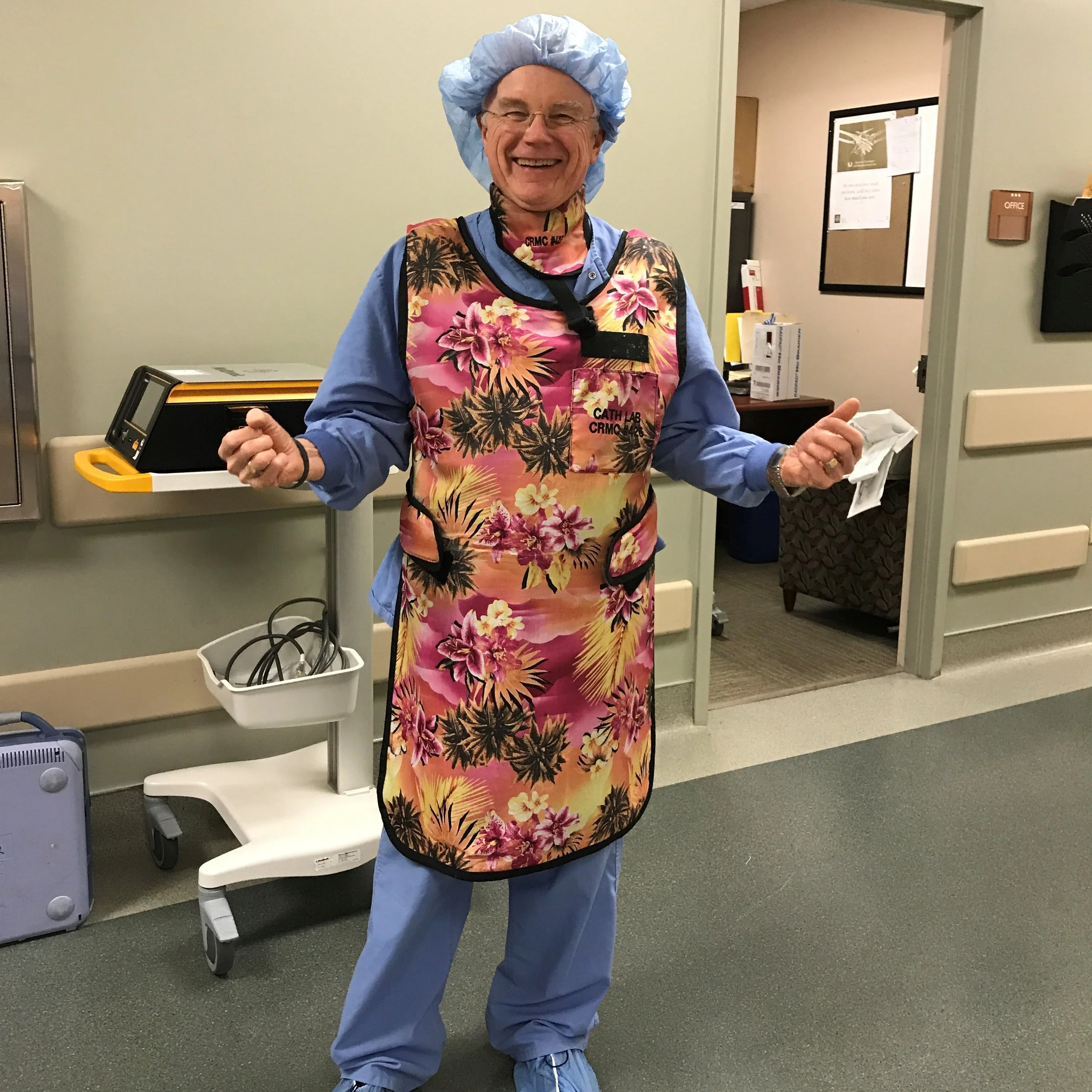When presenting, why do we overdose on PowerPoint, stand away from the audience, speak quickly, act anxiously, or even read every single word from a written document?
Is it fear born from excessive perfectionism, or an inflated thought that every single slide and word is of vital importance…all the while forgetting that our audience will likely forget much of the detail. What audiences do remember is the experience. They will remember, fondly or not, what that time with you was like. Did you disperse wisdom or data, understanding or slides, expertise or…more data? Audiences come to us in Kindergarten, University, or professional meetings for probably only one thing: they want to emerge better able to solve their problem, to improve their condition, to truly know and to do more.
Our task then is not to build a PowerPoint deck as our security blanket but rather to really think about this audience as different in some way from the last one. Really consider what will help this particular audience, this particular class, this one person. How can your interaction help them to take that next right step?
This next week, as you present in any situation, consider first not the content, but rather the consumer of the content. They have a problem. What will your presentation do to help them take that next right step?




















